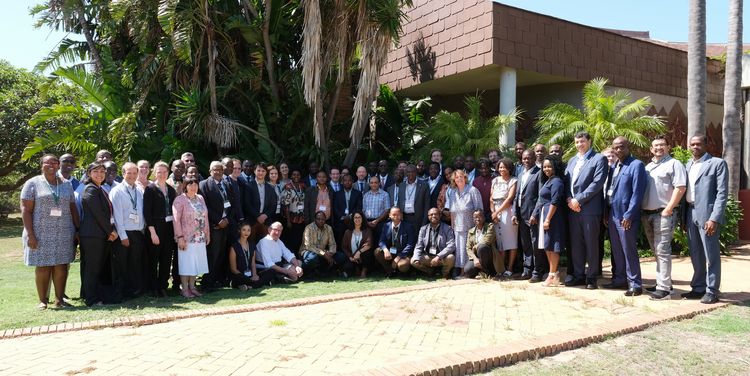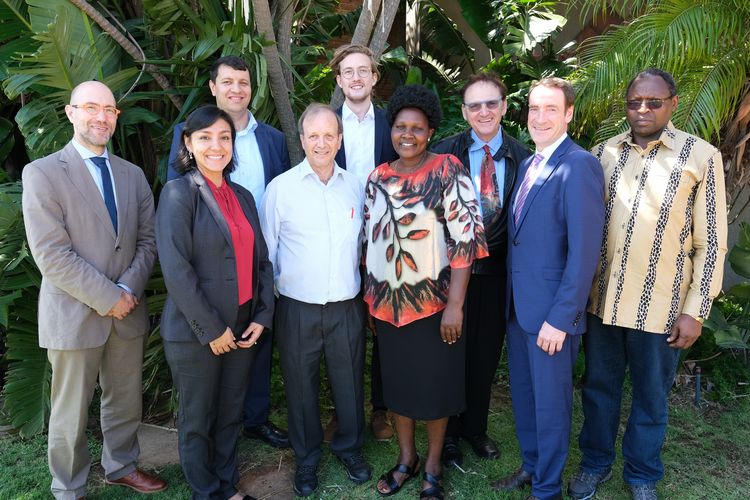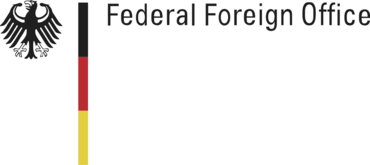The DIGITAL INITIATIVE FOR AFRICAN CENTRES OF EXCELLENCE (DIGI-FACE) is a project which aims to improve the digitalisation of the African Centres of Excellence. The Centres of Excellence are educational hubs established within 11 leading sub-Saharan universities. Together with partner universities in Germany they form a network to improve both the quality of education and the output of excellent research.
While the different centres all have specific areas they focus on (such as law, engineering, or education), DIGI-FACE works with the whole network and focuses on delivering generic courses on topics such as academic writing, methodologies or research coherence which are useful to all centres. These courses address students as well as the lecturing staff. There are also courses developed specifically for the lecturers’ needs, such as courses about the pedagogy of postgraduate supervision or principles of online learning. All courses are developed by experts in their respective fields and then made available across all Centres of Excellence – this way, DIGI-FACE can leverage the benefits of digital learning and provide excellent education to an international community of committed learners.
Besides the courses, which are developed and taught in a blended format, DIGI-FACE aims to enhance the staff’s digital skills in the centres by providing training sessions, and introducing them to hard- and software solutions for online teaching. The trainings always take the individual needs of the centres into consideration and are developed jointly so that digital competencies within the centres can evolve step by step.
DIGI-FACE and the African Centres of Excellence are funded by the DAAD and supported by the German foreign ministry. The project is running until December 2022 with the possibility of a two-year renewal afterwards.
How the University of Oldenburg contributes
The University of Oldenburg has already been working in the context of the African centres of Excellence for many years. One major pillar of this work has been the East and South African-German Centre for Educational Research Methodologies and Management, CERM-ESA (Website). Additionally, the long-standing cooperation between the Nelson-Mandela-University (Port Elizabeth, Southafrica) and the University of Oldenburg is an important factor for future collaboration.
Both expertise and good interpersonal connections can now be leveraged to secure the success of the new project DIGI-FACE. The University of Oldenburg contributes by responding to the centres’ needs attentively and providing both one-on-one as well as group trainings for the learning management system Moodle. This way, the centres will be empowered to provide their own courses on the platform and teach their students and staff digitally.
The University of Oldenburg also develops a comprehensive generic module for Quantitative Research Methodologies which can then be used by all centres all well as field practitioners.




